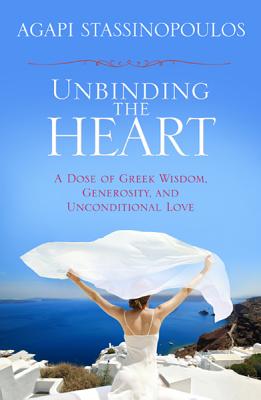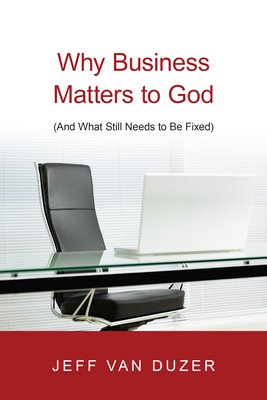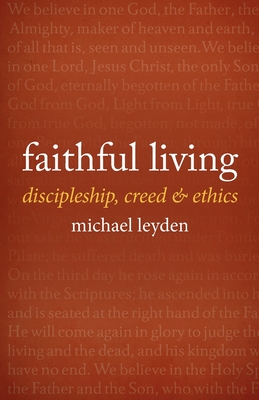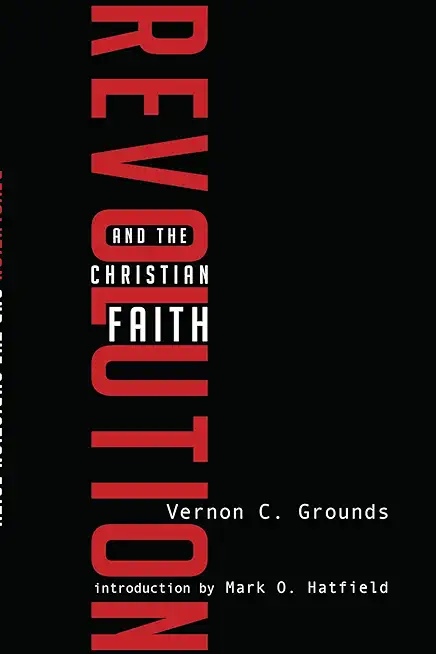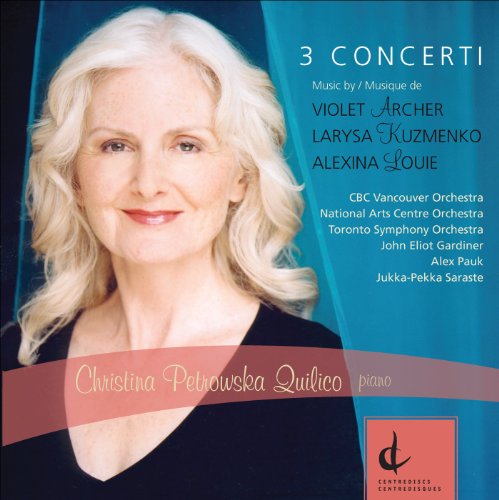
Riordan, Patrick
The Second Vatican Council invites dialogue about the common good as the set of economic, political, legal, and cultural conditions for human flourishing, whether as individuals or as communities. However, some contemporary Catholic authors jeopardize this dialogue by polarizing liberalism and the common good, interpreting the commitment to individual liberty as incompatible with commitment to the common good.
Human Dignity and Liberal Politics clarifies the meaning of the common good through the three lenses of Aristotelian practical philosophy, twentieth-century Catholic Social Thought, and political liberalism. It makes the case that embracing the common good does not entail a rejection of liberalism, but that a commitment to liberal politics is compatible with faithful adherence to the Catholic tradition. The book argues that liberal political philosophy is not only compatible with Catholic Social Teaching but may also be the most appropriate framework for communicating the richness of the Church's tradition today. Furthermore, accepting political liberalism can facilitate collaboration in political life between those who hold different worldviews and foster an enriched discussion of democracy, human rights, and religious liberty.
Students and scholars of Christian ethics and political philosophy will benefit from this response to the challenges of dialogue about the "common good" in the context of the resurgence of this topic.
